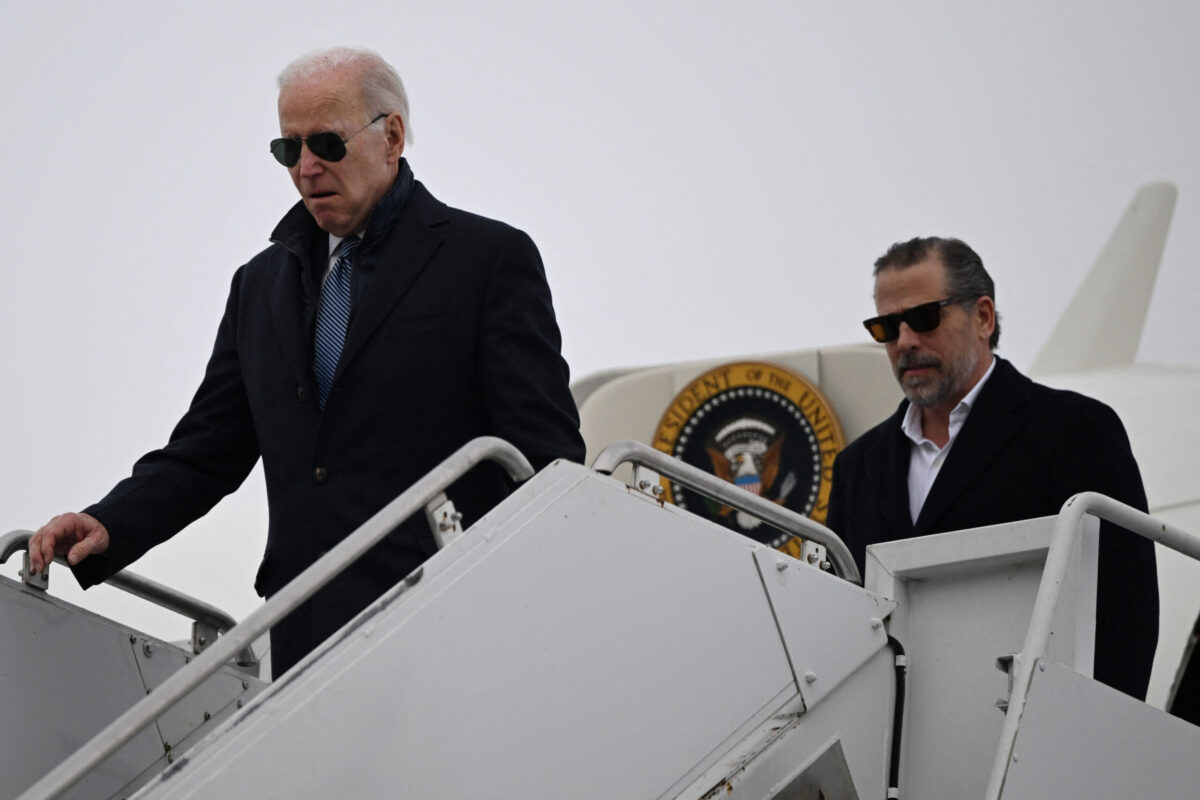President Joe Biden’s weakness and indecision on what to do about a Chinese spy balloon that entered United States airspace and lingered for more than four days over sensitive military sites will only bring more Chinese provocations, Sen. Tom Cotton (R-AR) said in an exclusive interview with Breitbart News on Monday.
“It started as a spy balloon and it became a trial balloon in testing Joe Biden’s strength and resolve and he failed the test. It is dangerous for America whenever our presidents look weak, timid on the world stage,” Cotton said, adding:
I suspect the Chinese Communists were laughing all week long when they realized that the American president was going to let a spy balloon complete its spy mission before he shot it down. That indecision projects weakness and hesitation and ambivalence about standing up to these Chinese provocations. So therefore, I think we can expect more provocations.
He said the indecision also sends a message to America’s friends that it “might equivocate when it came to supporting our alliances.”
“That’s one reason, for instance, you’ve unfortunately seen some countries in the Middle East begin to hedge their bets with China — traditional American friends and partners. I think it’s very concerning also for the message it sends about Taiwan and whether President Biden would come to Taiwan’s aid if [Chinese President] Xi Jinping decides to go for the jugular there.”
The military has claimed that the Chinese spy balloon was not able to collect much more information than what Chinese satellites in low-earth orbit are able to get, but Cotton said whatever the balloon may have been able to collect would be better than what satellites would be able to collect, including visual images and signals intelligence such as from phone calls, computer transmissions, [electronic] signatures for missile launch tests and airplanes.
“Obviously, the balloon at 60,000 feet has much greater resolution and fidelity than a satellite hundreds of miles in space. That’s just obvious common sense,” he said. “And if you’re collecting electronic signatures out in the air, you have better fidelity at 60,000 feet than you do 100 hundreds of miles out in space and just common sense.”
“We don’t really know what it might have been able to collect,” he said. “I don’t think we will until we have an opportunity to recover and export the payload,” he added.
Cotton said he believes Biden did not act sooner on the balloon due to two reasons.
“He consistently throughout the course of his career has appeased China, he’s celebrated their so-called peaceful rise, which is actually engaged in malign activity against America for decades. He consistently claims that we’re not in a cold war, even China has waged a cold war against us for decades, and is ambivalent about deterring China with any tools — military power, economic power, diplomatic, and so forth. That’s the general reason,” he said,
“The second specific reason is [Secretary of State] Tony Blinken had a trip to China scheduled for Friday night that would have been [the] first trip in something like for six years, and I think they wanted to do everything possible to salvage [his] trip to China, so they were willing to try to keep this under wraps, to sweep it under the rug until Tony Blinken was able to take off on Friday night,” he added.
Cotton was the first in the Senate to call on Blinken to cancel his trip to China, which he later did.
“Fortunately, some civilian pilots and photographers in Montana identified this balloon, the Billings Gazette disclosed it, and that forced the administration’s hand Thursday afternoon. And then Blinken — after wringing his hands for 12 or 16 hours — finally did what he should have done all along, which is decided not to go on this ill-advised trip to China,” he said.
Cotton said he wants to know the exact timeline of when the spy balloon was briefed up the chain of command.
“Part of the main reason we have the Air Force in Alaska is to detect the turf threats into the airspace there you know, Russia frequently flies bombers close to Alaskan airspace, and we always intercept those bombers. So I want to know exactly what happened when this balloon approached the Aleutian Islands, when it was briefed up the chain of command, why it wasn’t shot down over the Aleutian Islands, why the White House is spinning that Joe Biden gave the orders shoot it down on either Tuesday or Wednesday — three or four days after it was in American airspace, and when that decision wasn’t taken when it was immediately when it was over the Aleutians,” he said.


